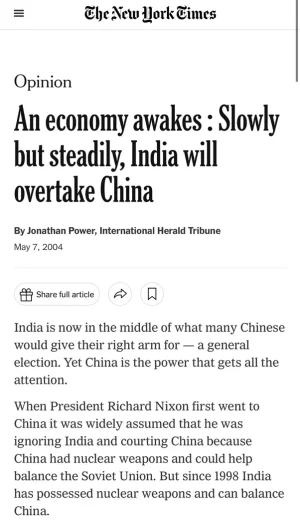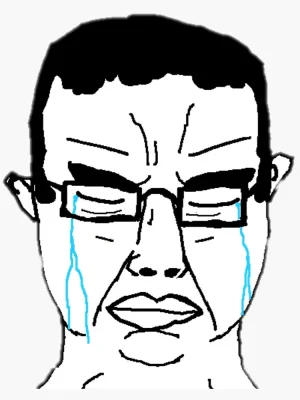Indian Economy Needs a New 1991 Manmohan-Type Impetus
India’s economy is in need of urgent reform as GDP growth falters. The economy is projected to grow at its slowest pace in four years, with an estimated growth rate of 6.4% in 2024-25, compared to 8.2% in the previous fiscal year. The primary reason cited is the Reserve Bank of India’s (RBI) focus on curbing inflation by maintaining high interest rates, which, in turn, discourages private investment and dampens consumer demand.
The Consumer Conundrum
Consumer spending, a critical driver of economic growth, has significantly slowed. Following the COVID-19 slowdown, consumers heavily relied on loans made easily available by banks. However, after three years of borrowing, many consumers have reached their debt limits, leaving little room for further spending. This has led to a noticeable contraction in demand.
The RBI’s commitment to controlling inflation has resulted in persistently high interest rates. Although inflation is currently at 4.8%—only marginally higher than in previous months—it has done little to alleviate the strain of soaring food prices. Measures such as export restrictions on rice and sugar have failed to stabilize prices, and the looming threat of further inflation has compelled the RBI to maintain its tight monetary policy.
Foreign Investment and Rupee Decline
This economic slowdown has also deterred foreign investors, leading to capital outflows from the Indian market—a worrying development for the country. Compounding the issue is the recent depreciation of the rupee, which has been in free fall over the past two months. The currency now stands at approximately 86.5 rupees to the dollar, a notable decline from 84.5 rupees.
Further exacerbating the situation is the geopolitical landscape. The victory of Donald Trump in the U.S. presidential elections, coupled with his earlier threats of imposing a 25% tariff on Indian imports, has added to the rupee’s downward pressure and fueled economic uncertainty.
The Need for Reform
India’s economy is at a critical juncture. To regain momentum, the country requires bold, reformative measures akin to those introduced by Manmohan Singh in 1991. Structural changes, fiscal discipline, and an investment-friendly environment are essential to revitalize growth, restore investor confidence, and steer the economy away from a potential crisis. Modi government can take advantage of this slowdown to convince the parliamentary opposition to support reforms. Otherwise, the alternative is force feed the reforms which could result in some lost elections.







